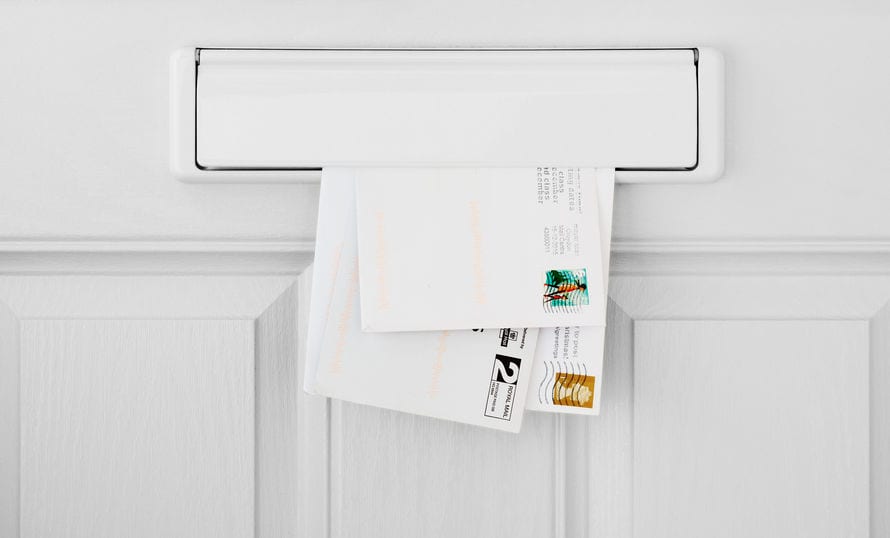Why Did I Get a CP09 Notice?
The IRS sends CP09 notices to taxpayers who are likely eligible for the Earned Income Credit (EIC) but failed to claim it on their most recent federal tax return.
How Do I Know If I Can Claim an Earned Income Credit?
EIC is meant to help low-income workers receive higher IRS refunds than workers who make over $64,000 per year. To qualify for EIC, a taxpayer must:
- Make less than $63,698 for the tax year (Note: This is the max AGI for married filing jointly and three or more qualifying dependents. Other combinations of filing status and dependents have lower amounts.)
- Be a resident alien or U.S. citizen
- Have less than $11,000 in investment income
- Have a valid SSN
There are special qualifying guidelines for EIC if you are a member of the clergy or military. Also, taxpayers who are caring for disabled relatives may qualify for the earned income credit even when income exceeds $64,000.
For a complete list of income thresholds, investment limits, and max credit amounts, view the IRS EIC tables at https://irs.gov/credits-deductions/individuals/earned-income-tax-credit/earned-income-and-earned-income-tax-credit-eitc-tables.
Do You Need Dependents to Be Eligible for EIC?
No. If a taxpayer does not have dependents/qualifying children, they may still qualify for EIC if they meet the following:
- At least 19 years old at the time of filing the tax return
- Not a dependent claimed by another taxpayer or qualifying child of another person
- Have lived in the U.S. for at least half of the tax year
- Filing status is one of: single, head of household, married filing separately, married filing jointly, or surviving spouse
To make sure you qualify for EIC before filing, use the IRS EIC Qualification Assistant provided by the IRS at https://irs.gov/credits-deductions/individuals/earned-income-tax-credit/use-the-eitc-assistant.
What Is IRS Form 15111?
The Earned Income Credit worksheet, also called Form 15111, is a two-page form that asks questions about your income, filing status, and the other necessary information to determine whether you qualify for EIC.
For the tax year 2023, the IRS lists adjusted gross income amounts that must be under specific thresholds before a taxpayer can qualify for EIC:
- Head of Household or Single AND 0 Qualifying Children: $17,640
- Married Filing Jointly AND 0 Qualifying Children: $24,210
- Head of Household or Single AND 1 Qualifying Child: $46,560
- Married Filing Jointly AND 1 Qualifying Child: $53,120
- Head of Household or Single AND 2 Qualifying Children: $52,918
- Married Filing Jointly AND 2 Qualifying Children: $59,478
Exceeding any of these income thresholds disqualifies you from taking the earned income tax credit.
Do I Mail Form 15111 or Can I Submit It Online?
If you receive a CP09, print out Form 15111, fill it out completely, and mail the form to the IRS address provided for your state. Note that you cannot submit a 15111 form online.
However, you can upload documents to the IRS website if you receive a CP09 letter and the IRS requests supporting documents related to claiming EIC.
How Much Will My EIC Refund Amount Be If I Claim This Tax Credit?
Maximum EIC credit amounts for taxes filed for 2023 tax year range from $600 to $7,430, which shows a slight increase in the refund amounts issued to taxpayers who qualify for EIC compared with 2022.
- $600: 0 qualifying children
- $3,995: 1 qualifying child
- $6,604: 2 qualifying children
- $7,430: 3 or more qualifying children
When Will I Receive My EIC Refund?
You can expect to receive your EIC credit refund in 6-8 weeks. In some cases, it can take more than 2 months. However, if you do not receive your EIC refund check or an EIC credit denial letter within eight weeks, call the IRS at 800-829-0922.
You can also check the status of your refund at irs.gov/refunds. Before accessing the IRS refund status tool, make sure you know the exact refund you are expecting. For example, if you are expecting a refund of $3,995, you must enter that amount or the refund tool will be unable to process your status request.
What Happens If I Claim EIC Credit but Don’t Qualify?
Claiming and receiving an EIC refund when you do not qualify for EIC could result in the IRS auditing your tax return. If you already received your EIC credit refund, you may have to pay it back to the IRS.
Also, not having been able to claim the credit may increase your tax liability and you can owe the IRS back taxes plus additional penalties and interest. If you claim the EIC credit in error, and discover your error after you receive the refund, contact the IRS as soon as possible.
Need more help? You can start online by answering 6 simple questions. You can also call us at 866-568-4593.
6 Simple Questions. Free Evaluation.
Join our Newsletter
Enter your email address to join our free newsletter. Get all the latest news and updates.

